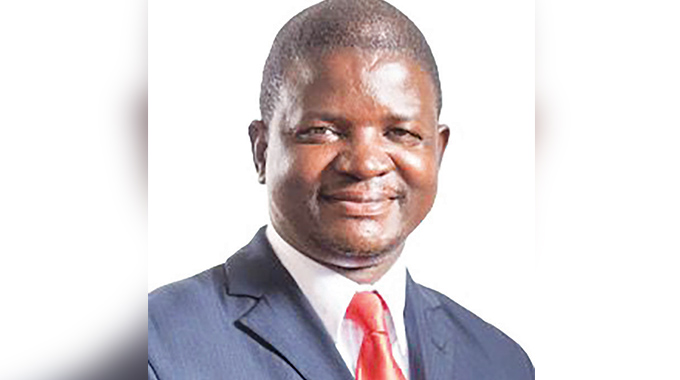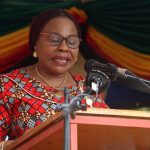Innovation, collaboration key for success of community radio stations
Amos Mpofu, mpofuamos41@gmail.com
THE Ministry of Information, Publicity, and Broadcasting Services has urged community radio stations in the country to embrace digital innovation to enhance operational efficiency at a time when Government is looking at addressing some of the challenges they are facing.
Government has licensed 14 community radio stations as part of the liberalisation of the airwaves, which has created more job opportunities and enhances access to public information at community level.
The National Association of Community Broadcasters (NACB) is hosting a week-long conference, which started on Sunday at Masiye Camp in Matopo to tackle challenges facing newly licensed radio players.
Speaking at the event yesterday, the ministry’s chief director, Mr Jonathan Gandari, said community radio unites society making it a need for communities to be put as a priority in structuring programmes of community radios.
“Community radios are not just about broadcasting, it’s about building connections. It’s about creating a sense of community, fostering a sense of belonging and providing a platform for people to come together and share their stories,” said Mr Gandari.
“As we look to the future, I encourage you to continue pushing the boundaries of what is possible with community radio. Think about innovative ways to engage your audiences, to promote your stations and to build your networks.”
He further urged community radios to consider partnering with local organisations, schools and businesses to create programmes that benefit communities and to consider leveraging social media to amplify the broadcasted messages in order to reach new audiences.
Mr Gandari said community radio stations should consider exploring new technologies and formats that can help them stay ahead of the curve.
“In today’s fast-paced, digitally driven world, it’s easy to get caught up in the noise and forget the importance of human connection,” he said.
“But community radio reminds us there’s still value in the personal touch, the human voice and the authentic stories from our shared experiences.”
Mr Gandari said community radios were crucial in representing the marginalised and the overlooked societies.
“Community radio is more than just a broadcast medium, it’s a platform for social activism, cultural preservation and community engagement. It’s a way to give voice to those often overlooked or under-represented, amplify marginalised voices and promote inclusivity and diversity,” he said.
Speaking at the same event, Broadcasting Authority of Zimbabwe (BAZ) technical director, Mr Methias Chakanyuka said the authority was looking at license fee challenges facing community radio stations.
NACB representatives said they were straggling to pay the USD$1 000 per annum license fee and the frequency fee of $USD30 per month as they face difficulties in raising funds and asked for support.
“We acknowledge the concerns raised by community radio stations regarding high license fees imposed by the Broadcasting Authority of Zimbabwe. In response, we propose a pragmatic solution: a 50 percent reduction in fees,” said Mr Chakanyuka.
“Furthermore, stations demonstrating compliance with state regulations, including payment of frequency fees and broadcasting fresh community content, can earn exemption from fees in the second year.
“Our aim is to foster both regulatory adherence and community representation in broadcasting.”
He challenged the community radio stations to diversify their funding sources.
“Community broadcasters should explore alternative funding sources, such as crowdfunding, membership programmes, and corporate sponsorships. They can also collaborate with other non-profit organisations, community groups and like-minded broadcasters to share resources, expertise, and audiences,” said Mr Chakanyuka.
Community radios were also advised to invest in digital infrastructure, develop unique content, build strong online presence, foster community engagement, leverage technology, seek Government support, build alliances with local businesses and embrace change.
During the deliberations, attendees emphasised the importance of a policy framework that safeguards community radios from external interference.
https://www.chronicle.co.zw/innovation-collaboration-key-for-success-of-community-radio-stations/





